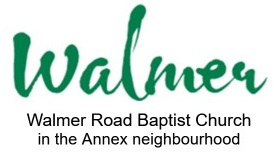This post, by Heather Weir, is a reflection on the “Freedom From Pharaoh” sermon as part of the “Unraveled” sermon series.
On Sunday Elaine preached on the story of the Exodus. She challenged us to think about who we identify with in this epic story of Good vs Evil – and noted that usually most of us mentally position ourselves with the Good, the people God sides with, the oppressed Hebrew Slaves who escape the Evil Oppressive Empire of Pharaoh. Elaine also challenged us and reminded us that we live privileged lives, and in many ways we are more like Pharaoh than the slaves. In fact, some of our clothes and food, our daily necessities, come to us cheaply because of slave labour.
So who are we really? Are we the enslaved or the oppressor? It is comfortable to live as the oppressor, not looking for information about the true costs of our life-style. I like my coffee and chocolate and bargain clothing. It is also comforting to think of ourselves as victims so we don’t have to take responsibility for our actions. It isn’t my fault, how can you blame me? But neither of those ways of thinking are gospel ways of thinking. The good news of the gospel sets us free from our self-involved thinking and asks us to see the world as God sees it. This is difficult, and uncomfortable, but in the end we must see ourselves as God sees us, and the world as God sees it in order to be free. We are then free to live in real mutual relationships with other people and with the rest of creation.
This is good news.
What is my next step toward seeing myself as God sees me, and the world as God sees it? This sounds like a big question, deep and philosophical. So far this week has been all about re-connection with friends not seen regularly lately. God is at work in those re-connections. I am looking and listening for God’s work in them.
What about you? How is God at work in your world, and how can you see that better?
